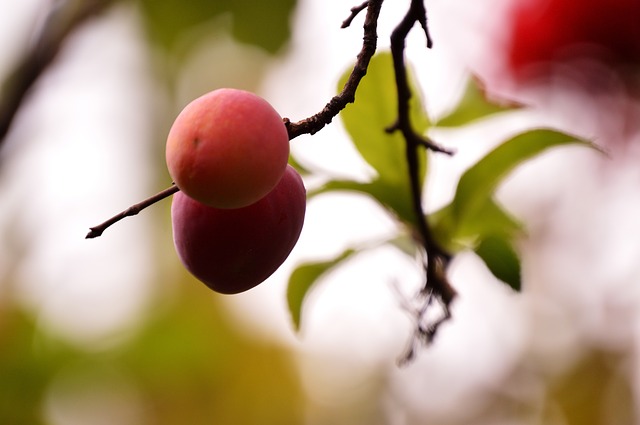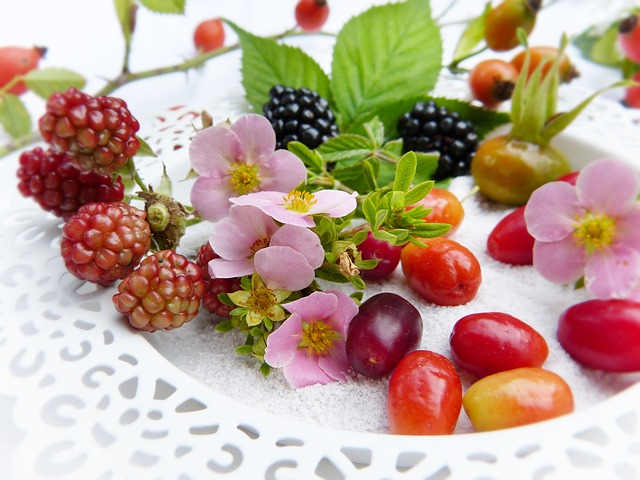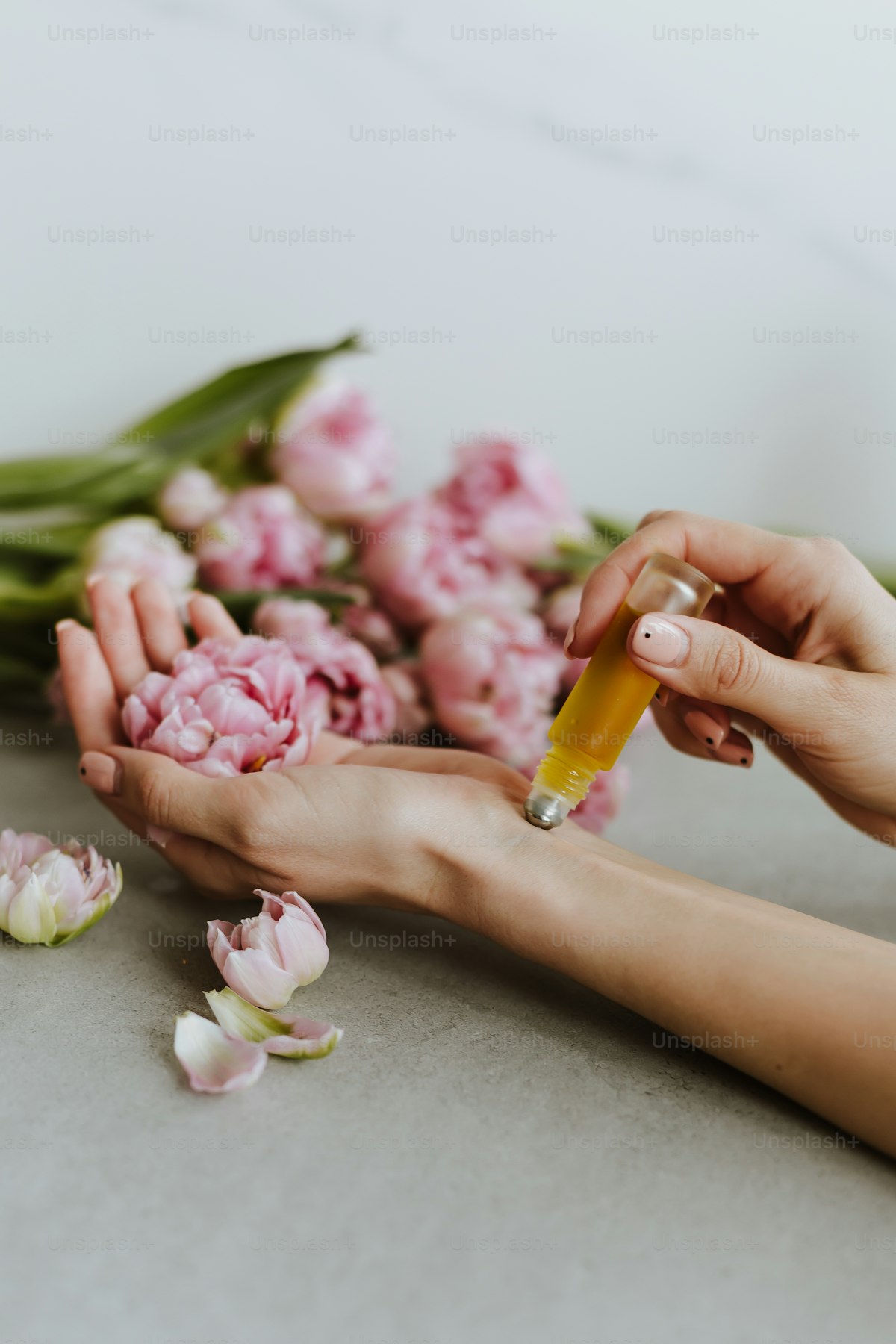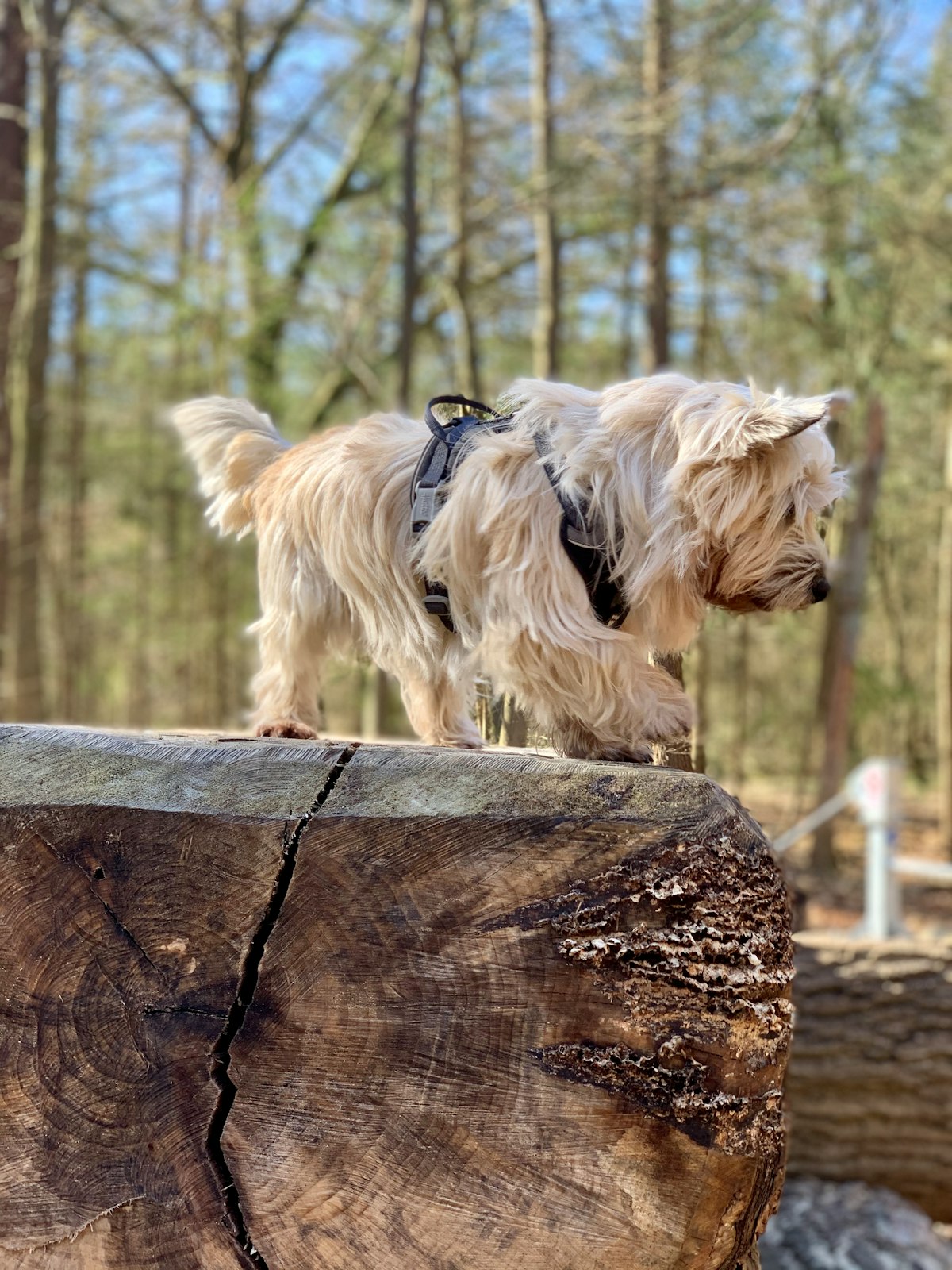
Holistic lifestyles are starting to become more popular, and people are starting to live more organically. Many people who appreciate the benefits of this lifestyle enjoy growing their own foods using safe, organic gardening methods. The following advice below helps to improve organic gardening skills.
It is easy to quickly prepare your perennial garden ground. Take your spade and work up a thin layer of soil. Turn that soil over, then spread a few inches of wood chips on the newly turned area. After a few weeks, dig, then plant your perennials.
You can help to prevent your plants from developing diseases with aspirin water. Dissolve 1 aspirin per gallon of water for a plant disease fighting solution. Spray your plants with the water if they have a disease. Use this method every three weeks.
After your seeds have sprouted, heat lamps are not needed. You can begin to move them further from the heat source as they become seedlings. You can now take off any protective coverings on your plants that were there to shield them from the elements. Watching your plants as they grow will give you the insight on when to employ these tactics.
If you’re thinking about growing your own organic garden, then you might want to consider keeping a bit of your property undeveloped; this way wildlife can flourish. Certain wildlife can be good for an organic garden; birds and insects can help your plants reproduce and be as healthy as they can be!
Cover your flower beds with two or three inches of compost or organic mulch. Mulch will minimize weed growth and maximize nutrients and moisture. You will also have a gorgeous and finished organic flower bed.
The ambient temperate of a room with live plants should be kept between sixty-five and seventy-five degrees throughout the day. Plants require a warmer climate to grow. Another option is the use heat lamps that will protect your organic plants.
Working in the garden doesn’t have to be grueling; learn to work more efficiently. It’s frustrating to search for a tool for a half hour. Prepare all the tools you need before you go out to work on your garden, and put them away nicely when you are done. If you use lots of tools, consider using a tool belt or even just some pants that have lots of pockets.
If you are growing your organic plants inside of your home or office, it is vital to make sure that the right amount of light reaches them. Ideally, these plants should be kept in a room that offers natural light from a window or glass door. If this is not an option, or you have your heart set on a particular type of plant, consider adding additional growing lights instead.
It never hurts to keep a few bags around the house to protect your floors from dirty gardening shoes. This allows you to keep going, getting back to your garden quickly.
Create a space perfect for any perennial garden with this easy method. All you need to do is use a garden spade to slice under the turf, flip it over, then spread wood chips over the area about three to four inches deep. Give this area at least a few weeks, then you can dig into the area and plant the new perennials.
Spacing is one important factor in gardening. When the garden is bare, it is sometimes hard to envision how much space a mature plant actually needs. Proper spacing is important not just to accommodate the plants’ sizes but also for air circulation. Plan your garden carefully and leave enough space between the seeds.
Pine Needles
Include both green and dry plant refuse in your compost. Green plant material comprises leaves, weeds, spent flowers, grass clippings, and fruit and vegetable waste. Dried materials are things like hay, wood shavings, cardboard and paper. Avoid using ashes, charcoal, diseased plants and meat-eating animal manure.
Pine can be a wonderful mulch. Some garden plants have a high acidity, and prefer acidic soil. When you have plants like this, nothing is easier than to gather pine needles for your beds. Cover the plots with pine needles. As the pine needles decay, they’ll raise the soil’s acidity.
When planting seeds in containers, plant the seed roughly three times deeper than the seed’s size. However, some seeds do not need to be covered, they need the sunlight. Petunias and ageratum are two examples of seeds that require sunlight. If you are unsure if your seeds should be covered, refer to the seed packet, or if that is not available, look for information online.
Put used coffee grounds on the soil. Coffee grounds add many nitrogenous nutrients to the soil that will benefit your plants. Many times, nitrogen is a limiting nutrient in soils. Adding coffee grounds or compost can add nitrogen to your soils will help your plants grow tall and healthy.
If you wish to honestly proclaim your produce to be truly organic, you need to secure organic garden certification. That way, you will realize greater sales volume and demonstrate the value of your produce to potential and returning customers.
A rule of thumb for when you are planting seeds in containers is to make the hole depth around three times larger than the seed itself. However, it is important to understand that some seeds require sunlight and should never be covered. Ageratum and petunias fall into this category. With so many different types of seeds, it is important that you check seed packaging or utilize other resources, such as the Internet, to discover which seeds require exposure to direct sunlight.
One thing that sets organic gardening apart from conventional gardening is that commercial pesticides are not used. This will improve your family’s overall health, but it does mean you have to be extra vigilant about checking for pest infestations.
In an organic garden, ruffle any seedlings with a piece of cardboard, or even your hand, a couple times each day. Believe it or not, aerating the soil in this manner can actually make your seedlings grow larger.
You can find a lot of information on how to keep any unwanted pests away by researching local botanical insecticides. Some natural insecticides are stronger and more effective than the chemically engineered synthetic pesticides that are commercially available. Keep in mind, however, that the biological composition of botanical insecticides can cause them to quickly decay and disappear.
Slugs are a nuisance that can be easily remedied with the use of an organic beer tramp. Place a container in the ground so that the lip is even with the soil surface. Fill the jar with beer within one inch of the top. The scent of the beer will bait the slugs into the jar and they will become trapped.
Mulch should be added to your flower bed and garden using at least 3 inches of material that is organic. Your garden will look more professional, have fewer weeds, and benefit from the moisture control and additional nutrients.
Get your organic garden certified so you can credibly claim that your crops are organic. Having certification will increase your sales and verify to your customers that what you are selling is the best produce available.
Try to keep your garden diverse. Packing your garden with multiple species and varieties helps ensure you attract wildlife. If you are interested in creating an untamed, natural look for your garden, you should include many varieties of plants. This will make your garden enjoyable, and you will also be doing the right thing environmentally.
It can be hard at times to grow your own organic garden, yet it is so much more rewarding in the end. While the chemical companies claim great benefits, organic gardening will always provide the most rewarding and healthy crops.
Think about what types of products you can use on your garden. Try using natural alternatives instead of the chemicals you normally use. Using compost is a great example. Unlike inorganic fertilizers, compost fertilizers do not add toxic chemicals to the soil which could get in your water supply.
Organic Gardening Techniques
When determining what you would want to plant in your garden, you should be as specific as possible. Not all plants thrive well in the same environment. For example, the number of grape cultivars is quite impressive. Some of them are well suited for your garden while others are not. You need to select the varieties that will best suit the environment you will be planting them in.
Any gardening can connect you with Mother Nature, but particularly if you employ organic gardening techniques. Organic gardening techniques allow you to be involved in the entire planting and growing process, while using only the safest and most sustainable resources.
If you are mulching your plants, you should use a layer of approximately three inches deep. This is a technique that provides benefits to the land itself, but that also minimizes water usage, allowing you to save money and the environment simultaneously. Furthermore, an organic garden with a thick layer of mulch is far more appealing to the eye.
Once a year, you must rotate your garden. Fungus and diseases will appear if you have the same kind of plants in the same place from one year to the next. Plants of the same type will be vulnerable the next season. If you mix things up, by planting in different spots, you will have enlisted a natural method of keeping fungus and diseases at bay.
You’re probably aware that compost is very beneficial to organic gardens, but are you aware of what goes into it? It is made of things such as wood chips, lawn cuttings, fallen leaves, bits of produce, straw and other yard waste that has started to decompose. Compost is an effective alternative to commercial fertilizer.
To become a great organic gardener, you need to look under the surface! Make sure that the root system is healthy when you buy tomato seedlings and that the starts are healthy looking as well. The reason is because these particular starts will stay on the seedlings for weeks, which will not allow the seedlings to grow until these starts are gone.
You should plant trees in a manner that allows them to serve as shade for your home. Your home will benefit from natural shade and so will your utility bill.
With more knowledge comes a higher level of skill and success. Keep in mind that these pointers are simply the tip of the iceberg.
Compost the leaves raked from your yard and mix it with your soil. When the leaves decompose, they turn into a nutrient rich organic compost, providing a healthy addition to your garden soil. This is an excellent way of getting free organic compost to use in your garden.
Learning more concerning cervical support pillow
wholesale mattress protector twin xl
mattress and box spring encasements can benefit you immensely. Hopefully, this article taught you what you needed to know. If you continue to learn more about cervical support pillow
wholesale mattress protector twin xl
DAHUA 4K camera
HDCVI Camera
mattress and box spring encasements, you’ll find it all coming together in short order.















